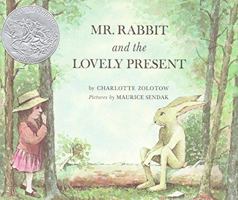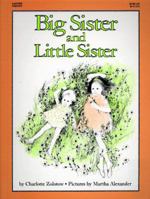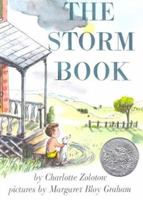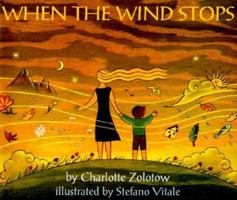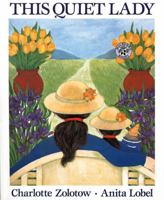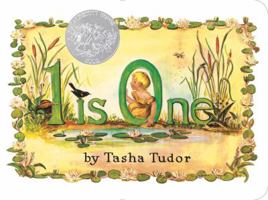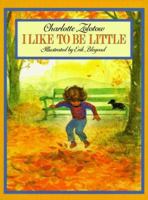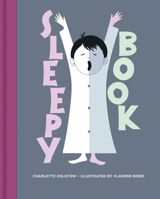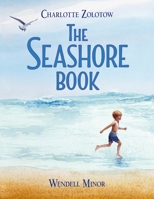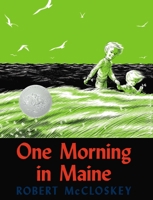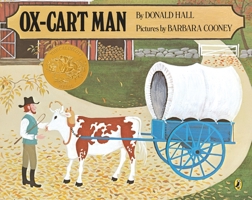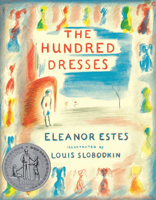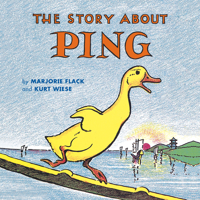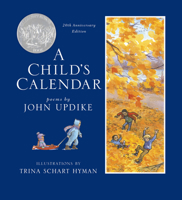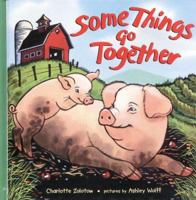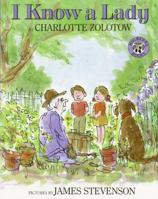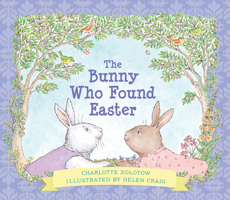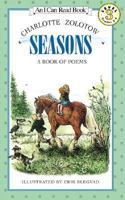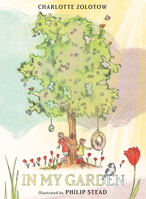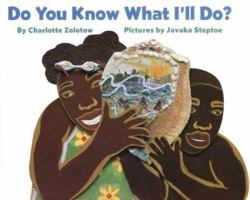Over and Over
Select Format
Select Condition 
You Might Also Enjoy
Book Overview
Customer Reviews
Rated 5 starsTerrific book!
I had the same experience as one of the other reviewers. I found this book in the library after not seeing it for 25 years. I had just loved the pictures and the descriptions of warm doughnuts, jack-o-lanterns, chocolate eggs and other seasonal delights. You won't be able to choose which holiday is your favorite!
0Report
Rated 5 starsThe Wheel of the Year
This book was created by a true dream team, beloved author Charlotte Zolotow and gifted illustrator Garth Williams. It begins with a little girl who is too little to know about time. She is so young, we learn, that she doesn't know the days of the week yet, or the months, or even the seasons in order. She has memories of things like a crocus in bloom, a snowman, Valentines, a turkey dinner, and a Christmas tree but they're...
1Report
Rated 5 starsVivid illustrations!
I found this book again in the library the other day after not having seen it since I was a little girl. I must have studied the illustrations in perfect detail because I remember them as if it were yesterday and not 20 years ago. Definitely, one of my favorite books as a child!
0Report
Rated 5 starsSpecial story for sharing with children
A lovely story to read with young children. Superb illustrations. Also good as a primer for reading, as you will read this over and over....
0Report
Rated 5 starsA sweet ,magical look at the seasons and holidays.
I loved this book as a child and the beautiful illustrations have always stayed with me.They capture the wonder and joy of a child celebrating lifes special occasions throughout the year. I look forward to sharing this book with my sons.
0Report












